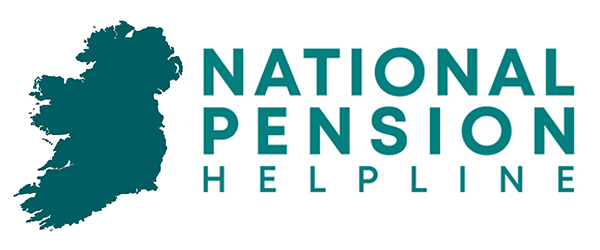Pension Retirement Calculator
The pension calculator works by taking in the following personal information: your current pension value, your annual income, your current age and your monthly pension contributions. Under the “advanced settings” section standard values are set for inflation, investment returns, salary growth and pension administration costs.
Your future pension value is then calculated using this information, and plotted over your working life until retirement. We include the value of your pension in present day money, as well as the value of your pension adjusted for inflation.
Please note: This is personal pension calculator only, and it does not include your state pension entitlements which can be up to €289.30 per week.
Pension Contribution Limits
Your pension contribution limit is the amount of money you can put into your pension and receive tax relief. Your employer contributions are not included in these ranges, they are managed separately.
The maximum contributions are outlined in the table below, and the maximum salary for consideration is €115,000 per year. Any contributions above your age threshold, or outside of the salary cap are not tax deductible. This is reflected in the calculator outputs.
You will see that one of the calculator outputs is your potential pension value if you contributed the maximum contributions allowable until retirement age.


